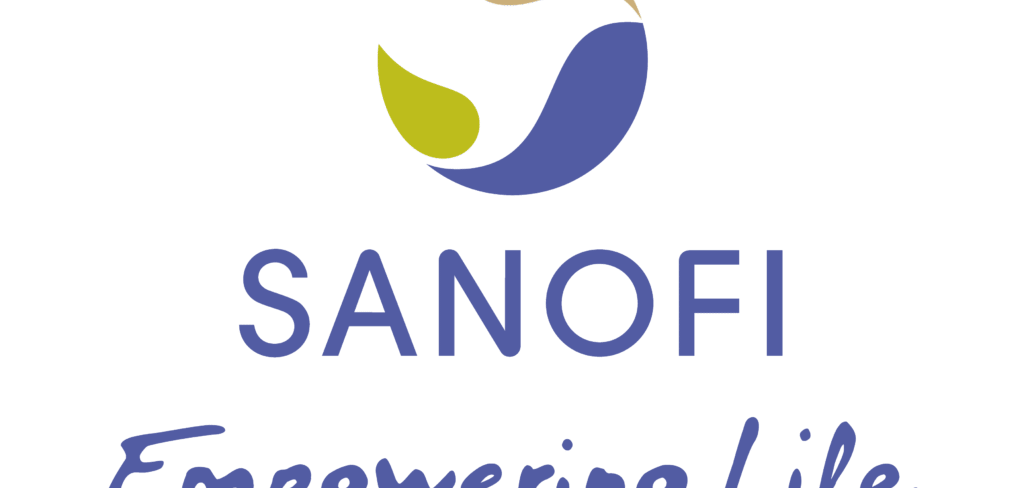
Sanofi is a world leader in the healthcare sector. A French company created in 1973 by Jean René Sautier, Sanofi operates in three areas: specialty medicine, vaccines and general medicine. In 2019, Sanofi achieved sales of € 36.126 million. The company is present in 100 countries. It has 73 industrial sites in 32 countries and employs more than 100,000 people worldwide. 6 billion euros were devoted to R & D in 2019 alone.
As a major healthcare player, Sanofi is at the forefront of the upheavals caused by global warming. In the decades to come, a number of challenges will be imposed on the company, both in terms of the increase in deaths and illnesses and respect for the environment. In this regard, Sanofi has implemented an ambitious and responsible plan to also act as an ethical player taking into account the various negative impacts that its activity can have on the environment.
“Planet Mobilization” is the name of this plan. It aims to measure all the impacts on the planet that Sanofi's activity may have; raw materials used for products until the end of their life cycle.
Sanofi has identified 5 main levers in its fight for low-carbon activity:
- Reduce greenhouse gas emissions
The objective for Sanofi is to move towards 100% renewable electricity. In September, the company joined the RE100 initiative , along with a large number of companies around the world whose desire is to make the switch to clean energy as quickly as possible. To do this, Sanofi has committed to supplying all of its sites around the world with 100% renewable electricity by 2030. It has also committed to achieving carbon neutrality by 2050.
In a recent report, an official noted the following: “Energy consumption is one of Sanofi's main sources of greenhouse gas emissions. We do everything we can to reduce the energy consumption of society as a whole, through responsible approaches to energy and the transport of employees and goods. We are committed to consuming less, better and more environmentally friendly.
- At the end of 2018, greenhouse gas emissions were down 22% compared to 2010 and 9% compared to 2015
- About 50 sites have obtained ISO Energy or Environment certification. Our 4 main administrative sites are HQE (High Environmental Quality) certified
- We encourage employees to use carpooling, electric vehicles and public transport
- Maritime transport is favored over air transport when possible "
- Optimize water consumption
Sanofi intends to optimize the use of this resource in all of its activities. It thus wishes to avoid waste but also to rationalize its use. In particular, it has put in place processes to identify places where water is lacking. Figures from 2018 show that water consumption fell by 14% compared to 2015.
- Manage pharmaceuticals in the environment
The environment can be polluted by pharmaceuticals in several ways: industrial effluents, drugs used and disposed of by patients, and mismanagement of unused or expired drugs.
Sanofi understood this problem well and decided on a new strategy in order to better control this management of pharmaceutical products throughout their life cycle. The company explains that it wants to:
- "Evaluate and minimize emissions into the environment in connection with our production activities
- Evaluate the environmental impacts linked to the use of our products
- Encourage the proper use of drugs, including unused drugs
- And to advance scientific research by collaborating with our stakeholders. "
- Manage waste
A global eco - responsible approach presupposes efficient waste management in line with the various laws of the countries in which the company operates. This management has been called the 3Rs: Reduction, Recycling and Reuse.
Already in 2018, we could note that the quantity of waste decreased by 10% compared to 2017 and 73% of this waste was recovered. Sanofi goes even further as shown in its 'Planet Mobilization' report with the following measures:
- Optimizing the use of solvents
- Make the best use of the materials used in the manufacture of blisters
- Support collection programs for unused drugs
- And actions to fight against food waste
- Take into account biodiversity
The company has undertaken to analyze the biodiversity around its non-urban sites in order to highlight the risk management processes in the places where this is necessary. Sanofi has completed implementing plans to manage these risks in 2020 and in 2025, all sites will have started a program to raise employee awareness of biodiversity.
In conclusion, it is clear that the climatic upheavals observed in recent years such as the high heat and extreme cold have a direct impact on the health of populations. They cause food shortages, difficulty in accessing drinking water and increasing air pollution. Not to mention other effects such as the increased spread of vector-borne diseases or the multiplication of the allergenic potential of pollens.
“Planet Mobilization” shows us that Sanofi is committed to addressing the problems caused by climate change and its impacts on health through the following initiatives:
- "Pursue R&D activities on several diseases sensitive to climatic fluctuations, such as sleeping sickness or malaria
- Harness the potential of the product portfolio and actively collaborate with various organizations and institutions to distribute the drugs to patients affected by diseases sensitive to climatic fluctuations, such as malaria, sleeping sickness and leishmaniasis
- Support communities in the event of humanitarian emergencies resulting from climate disasters, as part of initiatives led by the Sanofi Espoir Foundation, Sanofi US and Sanofi CARES North America
- Raise awareness among our stakeholders, such as our employees, healthcare professionals and patients ”.
Posted on 2021-02-23 15:27








Comments